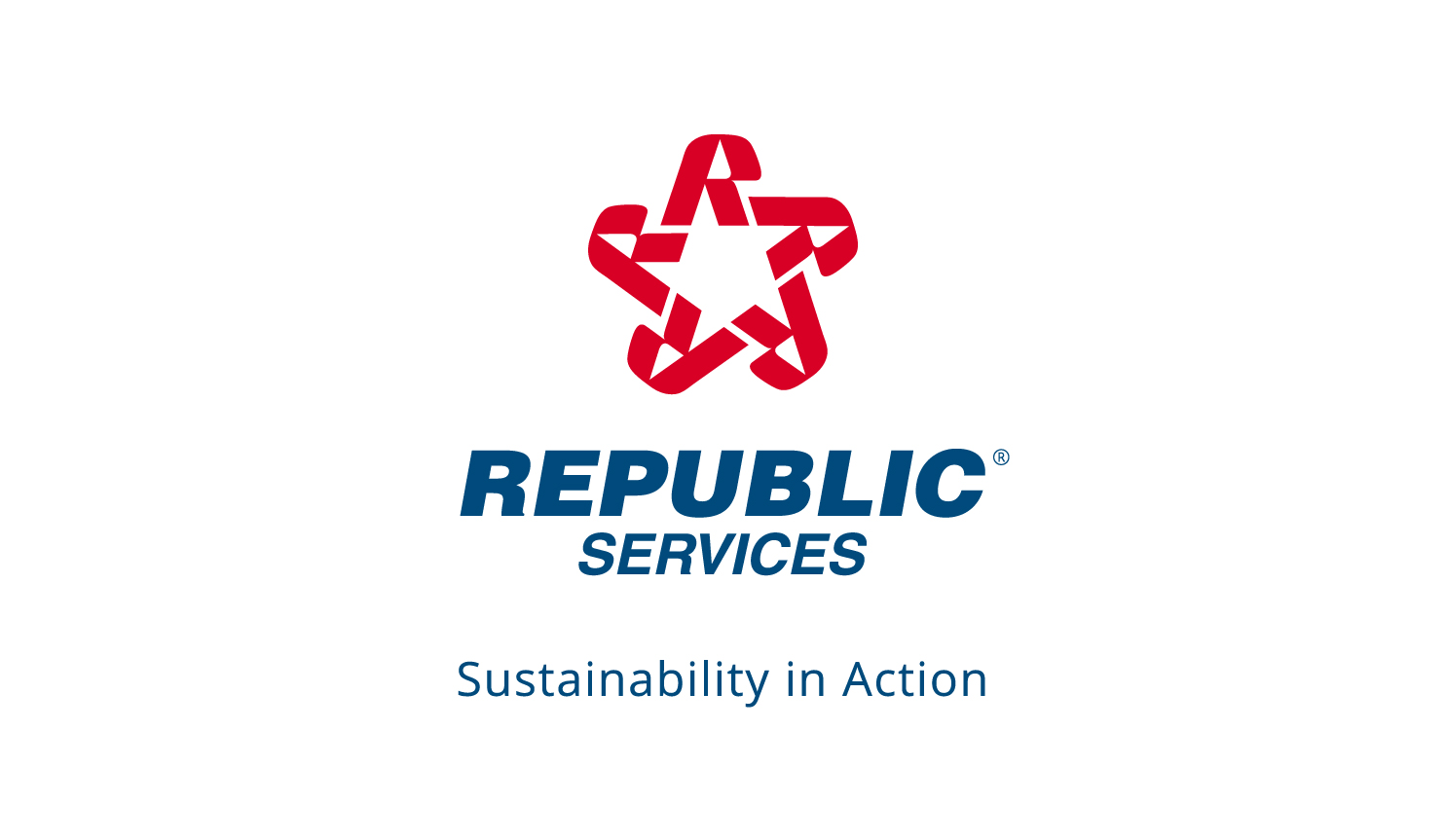Recycling Simplified
In households across America, questions like these are heard several times a day: “Is this recyclable?” “It’s okay to put my recyclables in a bag, right?” “Do I need to do anything to this pizza box before I recycle it?”
Recycling started as a relatively easy concept — converting discarded resources into reusable material. But, over time, two things happened — the way manufacturers package their products changed and community recycling guidelines became disparate and confusing. Today, people are genuinely unsure about what to recycle, what not to recycle and how to recycle. The one constant in this equation — people want to recycle.
As a result, the practice of “aspirational recycling” has become the norm. For many, this means placing an item in a recycling container that does not belong, or an item that is soiled, out of hope that someone downstream might recycle it. The unintended consequence? Unprecedented levels of contamination in the nation’s recyclables.
Let’s Simplify Recycling by simplifying recycling and raising awareness, we can help our customers and the communities we serve minimize their environmental impact, and make local recycling programs sustainable, both now and for future generations.
30% Contaminated: Contamination occurs when recyclables are soiled by remnants of food or drink, or when non-recyclable items, from diapers to hoses, are put in a recycling container. In some communities, contamination levels are as high as 30%.
For more information on recycling, visit https://recyclingsimplified.com/
To learn more about Republic’s Sustainability initiatives, visit https://www.republicservices.com/sustainability

